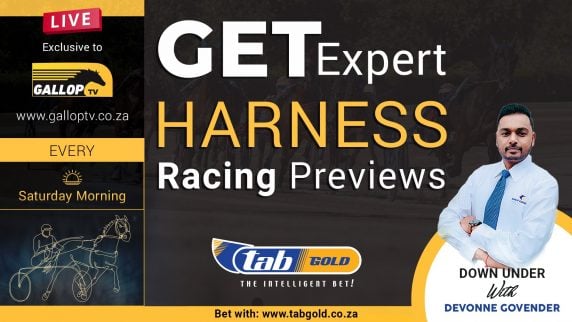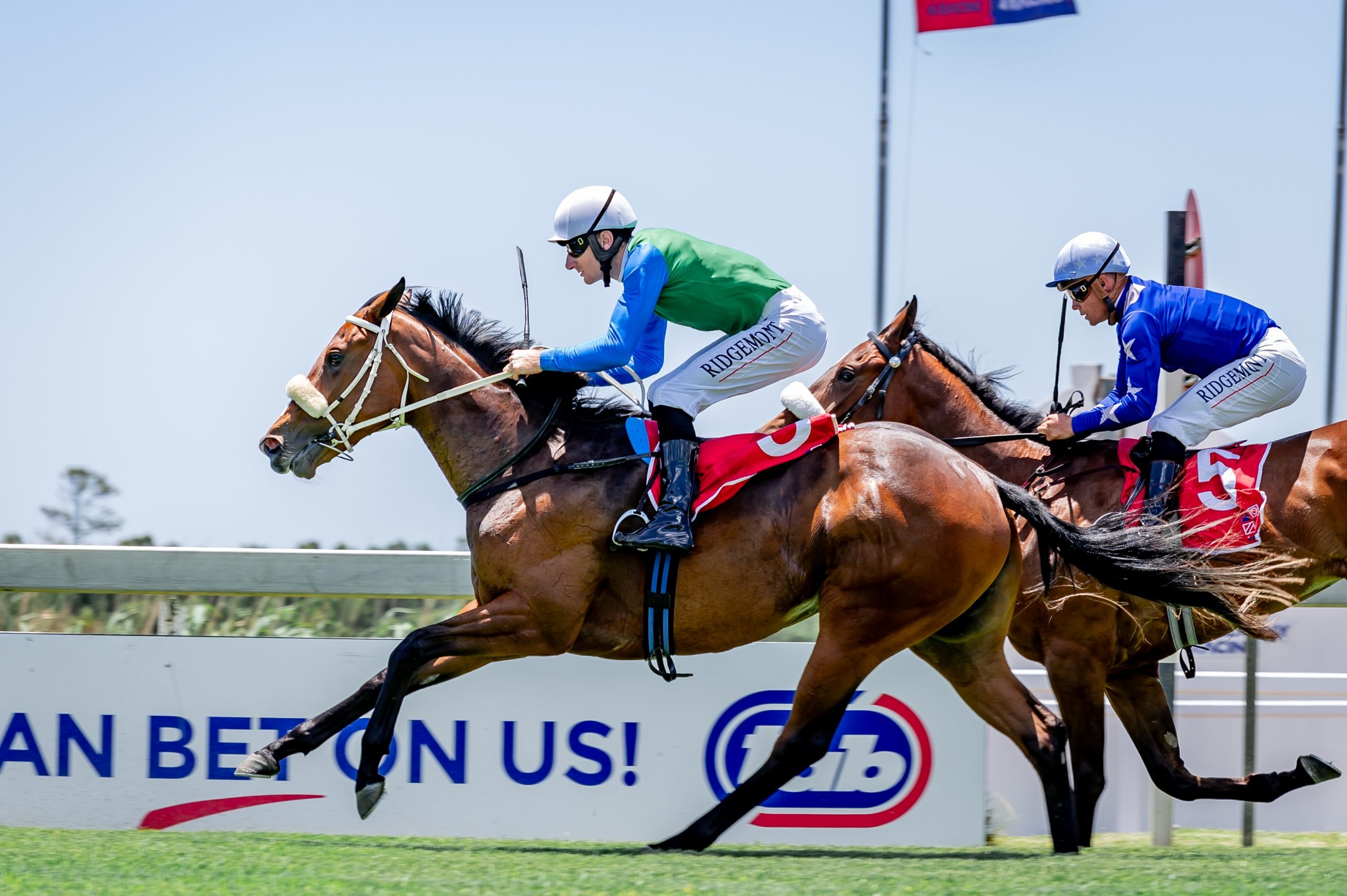James Goodman and Paul Lafferty had some interesting thoughts about restricted movement of horses and the export protocols in their Winning Ways Show on Monday evening.
Watch the clip here:
Then read Adrian Todd’s interview with Turf Talk
At ‘The Summit’, a recent one-day conference between racing jurisdictions held in Cape Town, Hong Kong Jockey Club Chairman Winfred Engelbrecht Bresges stated:
“For South Africa the active participation in the global bloodstock market and supply chain is the number one fundamental for the long-term sustainability of South African racing and breeding.”
Turf Talk reports that several other delegates put across their thoughts at this conference and explained how they had been helping over the years and will continue to help with South Africa’s bloodstock import/export situation.
Adrian Todd, CEO of South African Equine Health & Protocols (SAEHP) said that the meeting with the Hong Kong Jockey Club and through them the Asian Racing Federation was very positive and that they’d always been big supporters of trying to get the issue across the line.
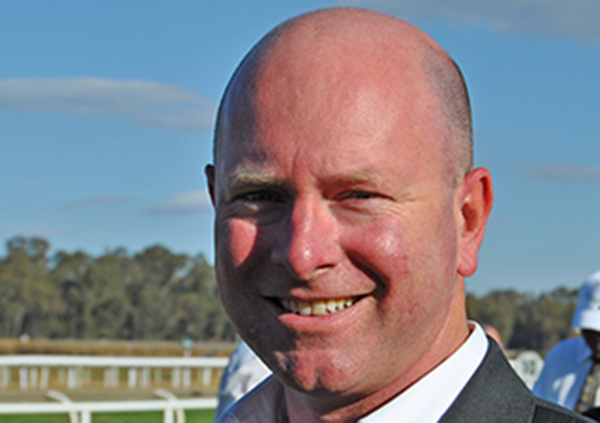
“There is another part to it,” Todd said in interview with Fee Ramsden of Breeding To Win. “Hong Kong have also financially contributed to looking at alternative vaccines to the live vaccine. This is a very good long-term parallel to exports that will help with sustainability.
“The only way we can achieve that is to continue to move forward in a united front. A lot of the things that you read about exports, where exports are going, it’s a subject like many other in racing that evokes passion and emotion.
“Let me clarify a few points. We hear, for example, that negotiations have been happening for decades which is simply not true. Between 1997 and 2011, SA exported bloodstock. In 2011 there was an outbreak of African Horse Sickness (AHS), and then, for a whole lot of other reasons, between 2011 and late 2018 it was impossible to export. Systems were not in place in that period, we were under bans.”
Todd explained that, since late 2018, South Africa has been pushing very hard to get an European Union (EU) audit.
“What people need to understand is that we’ve never been in a position to export again until late in 2018, and this is where we are now, everything is in place and we are pushing.
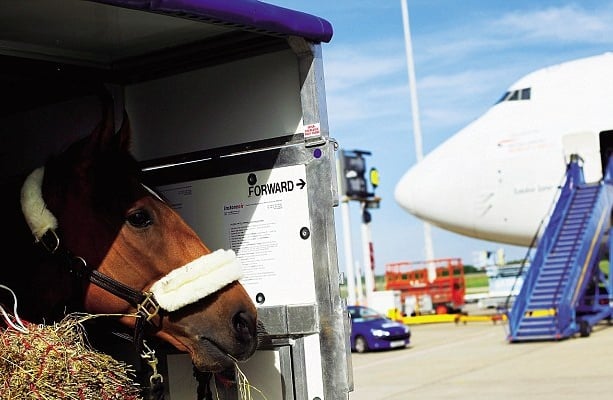 “Unfortunately, through no fault of our own, we have become embroiled in a wider trade dispute between South Africa and the EU. The EU is leveraging South Africa for other concessions, mainly in the poultry arena, in return for an equine audit.”
“Unfortunately, through no fault of our own, we have become embroiled in a wider trade dispute between South Africa and the EU. The EU is leveraging South Africa for other concessions, mainly in the poultry arena, in return for an equine audit.”
The poultry dispute has resulted in an impasse and Todd commented: “This is political brinkmanship. This is how it works. We can sit here and say the two industries should not be linked and that it is unfair, and I would agree with that. But we are working diligently to break the deadlock.”
Todd said that things were looking positive at this point. “We are fortunate. I have just returned from Europe, I found that we have a lot of politically influential friends, and we’re pushing hard to break the deadlock to separate the horses from the wider trade negotiations. I believe we will succeed. That said, this was a curved ball we didn’t expect.”
A further point to remember, Todd said, was the cost of this exercise.
“All of this has cost money and of course continues to cost money. Funding has been one of the biggest problems we have faced. Even more importantly, there is now a total need for everyone in South Africa to be united behind this.
“Not only am I confident, our government is confident too. We’ve had, on two occasions, international experts come to review the system, assist where they needed and we’ve made changes. I think that is something that we forget, as the general populace.

“We’ve always wanted to say, well ‘aah, the science is proven’, but I think people miss the enormity and complexity of this system, devised by our very good team. We’re fortunate to have them, namely Drs John Grewar, Bev Parker and Camilla Weyer. They put together a system that does meet world standards and was an enormously complex task they succeeded in completing very well.”
What we have to do now, Todd underlined, is to push ahead with all the resources we have at our disposal.
“I’ve heard other comments, like, ‘why don’t we deal with this country or that country’, good comments, but the reality is that the EU is considered the gold standard by the rest of the world. Nobody is going to trade with us until we are trading with the EU.
“Our system is in place. You have to trade with the EU before you can trade with anyone else. There is no other way to achieve that except to stand united and push it across the line.
“The negativities we hear, are borne out of frustration, or misunderstanding of where we are with exports and imports. If ever there is a need for us to be united, to get something done, this is it. We have to push forward, especially when we consider the benefits that can come out on the other side of this.
Todd highlighted some of the advantages that will present itself after an EU audit.
“At the Asian Racing Conference, for example, it was announced by the Hong Kong Jockey Club that once we get it all sorted, we could have international races in South Africa by 2025.
“Exporting is one thing, importing is another. To be bringing horses in, where they are training at a track for a couple of weeks for a proper international race – if we can have that by 2025 or even a year earlier by 2024, that would be a major achievement.
“For people who say, ‘I’m not interested in this export/import business’ – they are missing the point. Once the issues are resolved this will bring international horses and with it will come international sponsors which in turn will raise South Africa’s profile and the future sponsorships coming into the country.
“With a higher profile, our racing picture, our product from SA will be in greater demand and more wanted overseas. It will get sold for more, and more money will flow into SA for better prize money in our own industry.”
He explained the need for international participation and cooperation
“We cannot sustain ourselves swimming in our own little pond. In this day and age if you don’t compete on a global scale in a global market, you may as well get out. Racing has a lot of issues that everybody is trying to work through, but it’s one step at a time. There’s an old Afrikaans saying, ‘How do you eat an elephant? One mouthful at a time’. This always makes me laugh. But this is the way we are doing things here, one step at a time.”
Exports is but one of many things that will help save racing in South Africa.
Todd gave his latest view on the time frame we are working with: “As for when we will be successful, I am always hesitant to place a date on it. If you place dates on things and they change, you get told that you didn’t know what you were talking about.
“One thing we have to remember is that in the political world, decisions are not based on the commercial realities that the rest of us operate within. I am still extremely hopeful that we can have an audit date within the next month or so. That has always been my goal. I didn’t think we’d get tied up so much with the chicken dispute as we did. This has been very unfortunate, but you have to play the hand you are dealt.
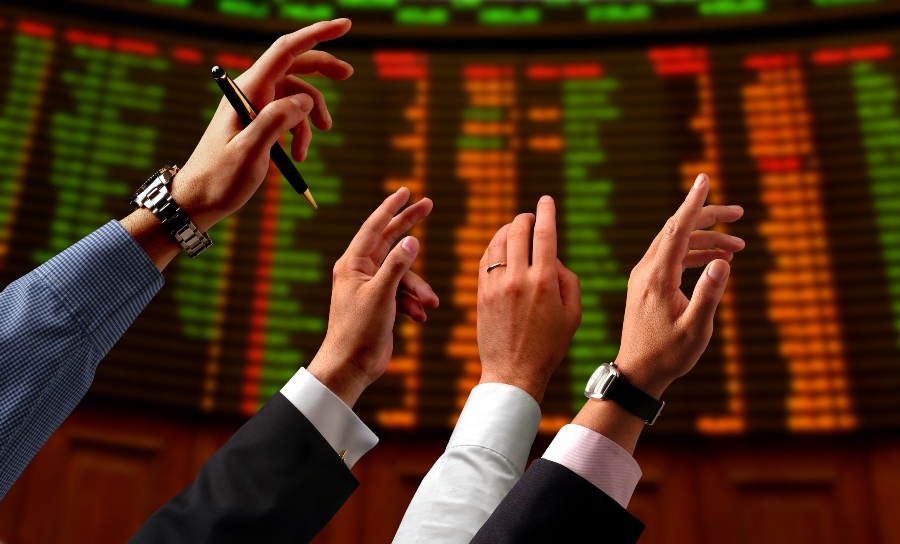 “That’s how it works, and there have been other delays with the EU, we have been slowed down by Brexit, something they paid a lot of attention to as we all know. But we can’t blame that alone – now with the dispute between SA and the EU over poultry, it’s delayed matters and we’ve had to change our approach and come at this from a different angle.”
“That’s how it works, and there have been other delays with the EU, we have been slowed down by Brexit, something they paid a lot of attention to as we all know. But we can’t blame that alone – now with the dispute between SA and the EU over poultry, it’s delayed matters and we’ve had to change our approach and come at this from a different angle.”
All the needed elements are fully in place, and Todd concluded: “Our government has been briefed at ministerial level, to understand exactly how important the racing industry is, and the Europeans understand this as well. Our strategy on a political level is gaining traction, succeeding.
“Unfortunately, in our racing environment there are a lot of negative people, I wish they would take their negativity out of it and try to be a bit more pro-active and get involved.
“I know that some of the control measures in place make some peoples’ lives more awkward, but the reality is that they are there for a reason and that we have to live with them. As things progress and when we are exporting and more funds become available, we can look at streamlining some measures.
“For now, the main aim is to get South Africa exporting.”
- Turf Talk







